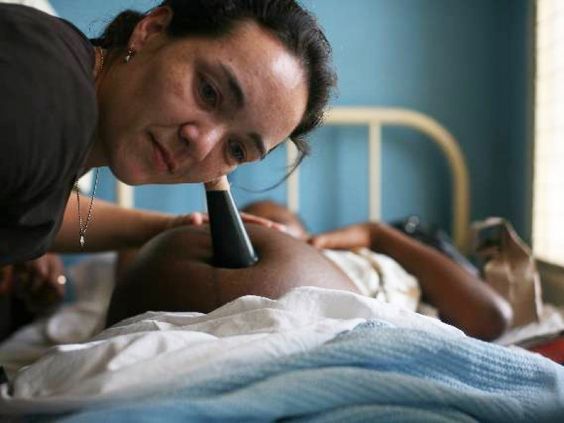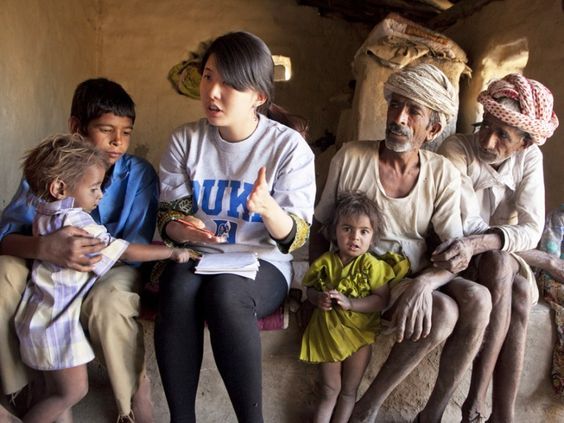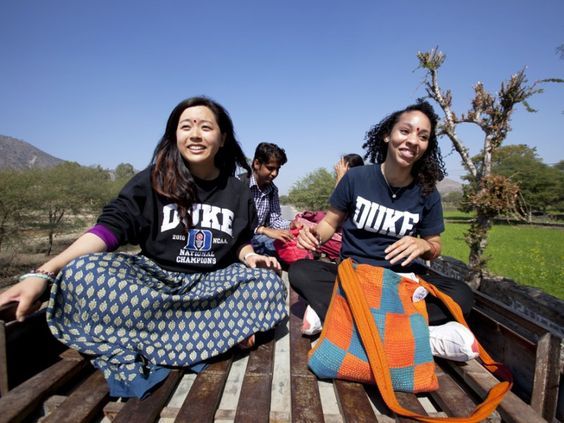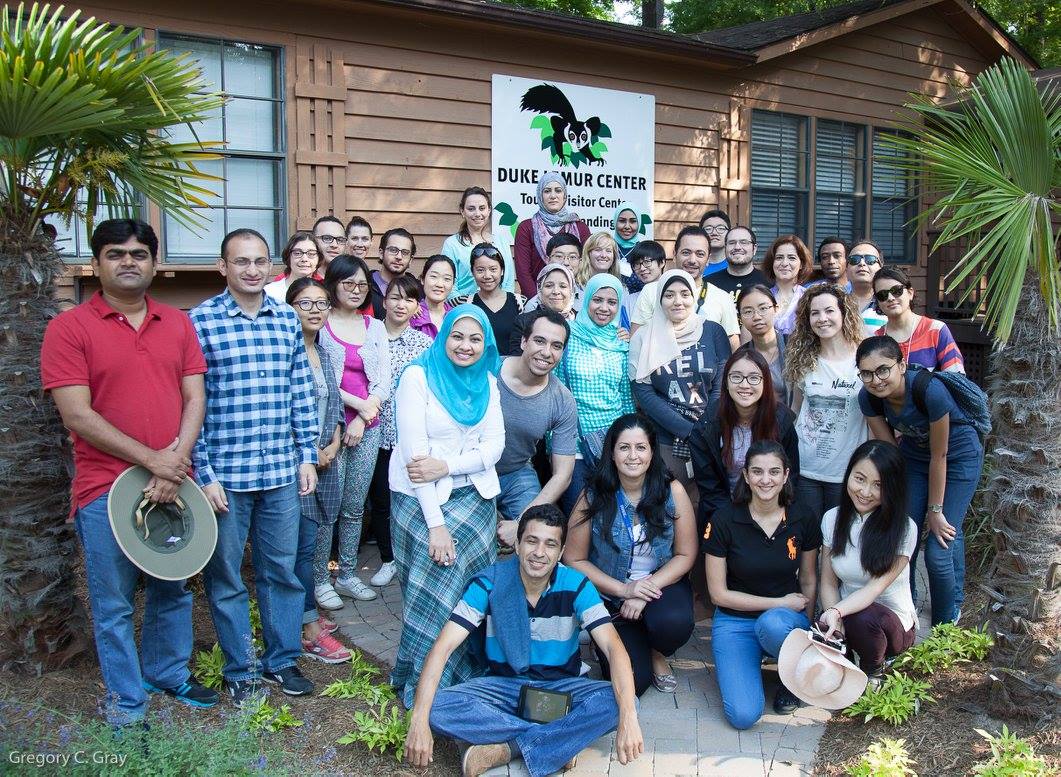Duke Global Health Institute
Advancing solutions to global health challenges through interdisciplinary research and innovative educational models
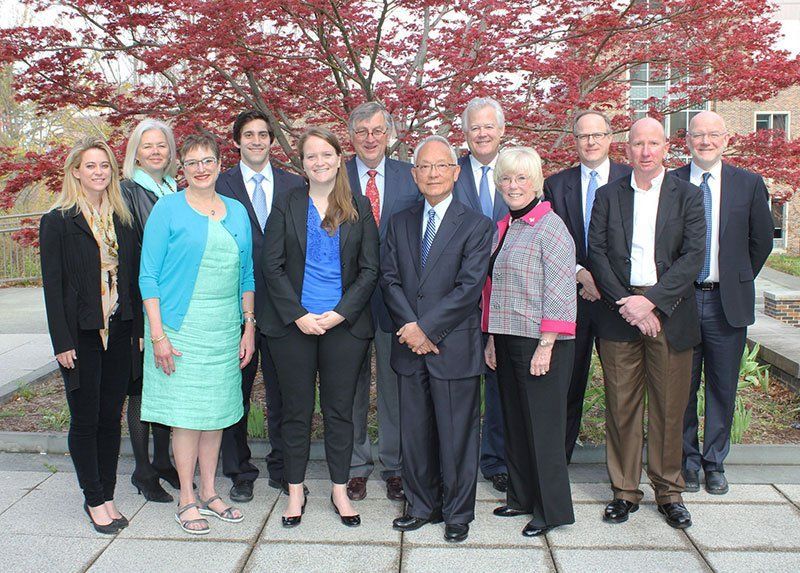
What Duke Global Health Institute Does
Duke Global Health Institute is committed to solving complex global health challenges that are related to economic, social, environmental, political and health care inequalities. The institute supports a framework of interdisciplinary teams and resources from Duke University that are contributing to research, education, and other activities related to global health issues. DGHI also supports a network of international partners that are advancing innovative health solutions.
Together, DGHI and Blue Chip Foundation provide research opportunities for undergraduate students interested in working to implement solutions to global health issues. The foundation has developed a project in Kenya and a partnership with the Government of Ghana designed by Columbia University’s Center for Sustainable Development that provides research opportunities for Duke University students and faculty. Jennifer Gross also serves on the board of the Duke Global Health Institute.
Student exposure to infrastructure research and sustainable development initiatives are essential for the training of future global health leaders. Blue Chip Foundation is committed to supporting other large-scale health programs such as the Two Million Community Health Workers Initiative (2mCHW), a partnership between the Millennium Promise Association and Columbia University. The Community Health Workers Initiative fulfills health infrastructure gaps operating as the essential link between higher cadre health professionals and rural communities in the developing world. Community health workers provide preventative and other healthcare solutions aided by mobile smartphone technology and other communications infrastructure.
Blue Chip Foundation donated 5,000 smartphones to Ghana’s president as part of the 2mCHW initiative to increase access to health-related information for isolated and underserved communities with rapidly trained community members who provide health care services at scale. Approximately 45 percent of Ghanaian citizens are located in rural areas that do not have direct access to health clinics. The phones contribute to preventative care that is essential for saving lives and preventing emergencies. The initiative is designed as an inspirational model that supports universal healthcare in Ghana with the deployment of the phones enhancing information and real-time data flow in Ghana’s Community Based Planning and Services.
What They Do

JOIN OUR NEWSLETTER
We will get back to you as soon as possible
Please try again later


Follow Us
Blue Chip Foundation focuses on alleviating extreme poverty through economic, educational, and social enterprise initiatives in support of the United Nations' Sustainable Development Goals (SDGs)
